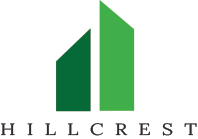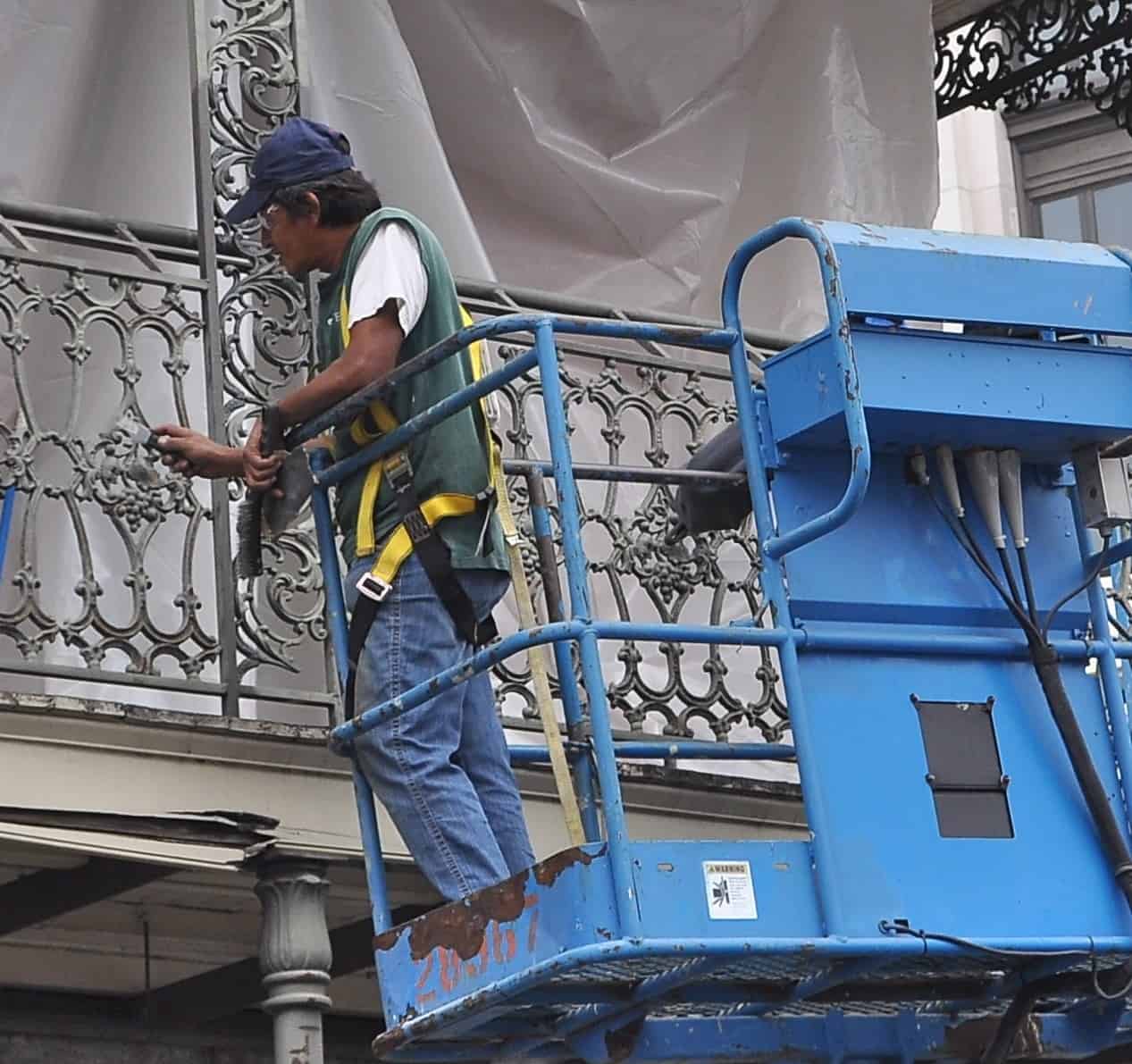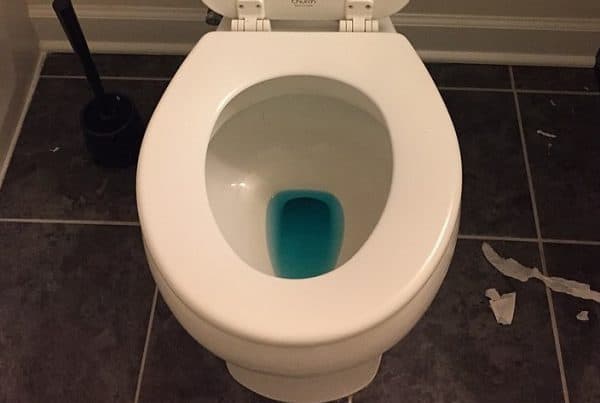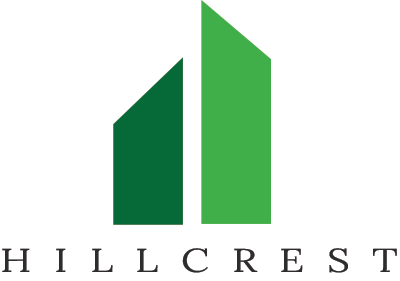For condo and townhome associations, sometimes the most minor-looking or undetected issues can cause the biggest problems. Here we provide an actionable guide for association boards to avoid unnecessary costly repairs, and to painlessly identify and address structural issues.
We interviewed David Lockhart, Owner of Inside Out Company, and Jack Mancione, CEO of MI Construction & Roofing, to bring you the most actionable guide to community association balcony and structural maintenance and repair.
Identification and prevention now
You don’t need to be an expert to identify and avoid balcony and other structural issues. If you see something that looks “wrong”, it probably is. Obvious physical signs to watch for include concrete spalling (peeling, popping out, flaking off), rusting metal surfaces, debris shedding, or material saturations. Water is generally the most destructive factor in all structures, so watch for any openings where water can travel or collect. But also watch for simple needs like caulking, sealing, and wood replacement. Finally, get feedback from residents and monitor requested work orders for indications of deteriorating condition.
Don’t defer repairing even minor issues, else you are likely to end up with a problem more costly. The best way to prevent surprise costly issues is to:
- Schedule a building reserve study.
- Get inspections every 24 months on balconies and other areas of potential structural concern.
Maintenance
You can extend the life of any structure with a simple visual review in spring and fall, and address any small issues while they are still small:
- paint
- caulk
- seal
- stain
- repair
Specifically, concrete balconies should be coated with a membrane system, which prevents water damage. Likewise, get metal balconies and railings coated with rust-inhibiting primer and paint. Protect wood structures with paint or wood sealers. Complete any sealing and tuck-pointing as needed. These maintenance items can significantly reduce the need for future costly repairs.
How to shop for a vendor
Be educated
Going into a vendor search for balcony or structural repair with an understanding of common pitfalls is crucial. Vendors are used to seeing lack of or improper flashings, major issues resulting from deferred maintenance, developer shortcuts, and projects gone awry because a structural engineer was left out of the mix. Don’t fall victim to these issues. Additionally, most associations do not have a construction expert on the board. It may be in the association’s best interest to hire a structural engineer or architect to supervise and hold the vendor accountable.
Getting proposals
First, create a business plan that includes an accurate RFP (request for proposal). The RFP should spell out exactly what the board is shopping for. Request:
- an overview of what the board can expect
- timelines for materials, staging, logistics, operations, and communications
- a detailed proposed solution
- pricing
Evaluating at least three vendors can serve to further educate you, and ensure you hire the best team. Collect educated opinions on whether you need a structural engineer, and maybe even speak to one or two. Further, ensure you, as well as each vendor, has a clear understanding of scope, so you can compare proposals that are “apples to apples”. Good vendors can identify the issue, appropriately advise on the need of an architect or engineer, as well as permits. This helps avoid surprise additional costs.
Evaluating each vendor
Once you have your proposals in hand, share them among your board members, property manager(s), bankers, attorneys, and insurance providers. Check how long the vendor has been in business, and get references for similar projects in your scope of work. Ask how the job site, communications, and change orders will be handled. Also, ensure the vendor has experience working on projects with a structural engineer. Compare the warranties that vendors provide; what it includes and for how long.
Then meet with each vendor that makes your initial cut. Hopefully this article has shown you that there is so much more to consider than price. Ask them all your questions. Finally, if COVID-19 is still a concern when you tackle this, ask about the vendor’s protocol to keep your community and their workers safe.
“Balcony repair” by K. Kendall is licensed under CC BY 2.0





